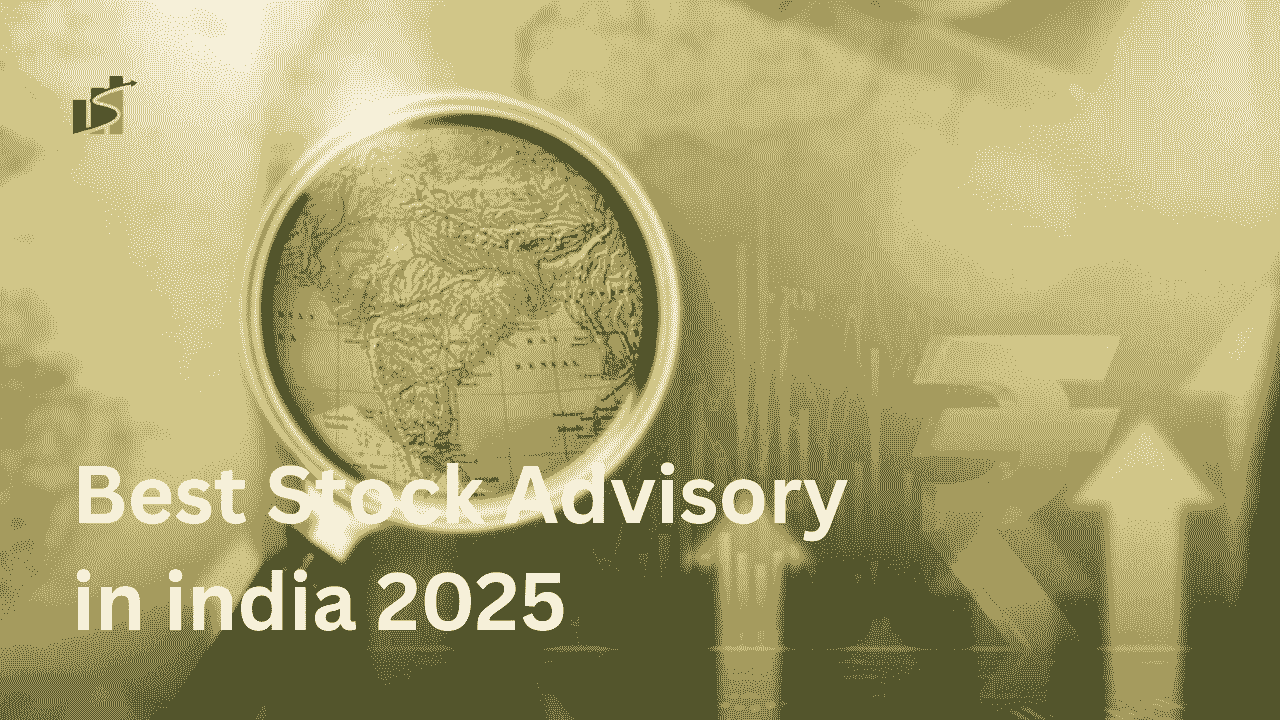Choosing the right management course is a crucial decision that can influence your entire career. With so many institutes and programs available in Chandigarh, it’s easy to feel overwhelmed. Whether you’re a fresh graduate, a working professional, or someone looking to switch careers, selecting the right management course requires careful thought and planning.
This guide will help you understand the key factors to consider before enrolling. We’ll explore the common challenges, why they matter, and how to make confident decisions based on your goals.
Understanding the Importance of Management Courses
Management course in Chandigarh teach essential skills such as planning, leadership, decision-making, and team coordination. They’re valuable in almost every industry—from healthcare to IT to hospitality. These programs prepare students to take on supervisory or leadership roles and improve their ability to solve real-world business problems.
In a competitive job market like Chandigarh’s, where both local and national companies are hiring, having a strong foundation in management can give you an edge.
Common Challenges While Choosing a Management Course
Too Many Options, Not Enough Clarity
Chandigarh has dozens of institutes offering management programs. Some focus on general management, while others specialize in areas like marketing, finance, HR, or operations. This variety, though beneficial, can confuse students who are unsure of their interests or long-term goals.
Lack of Personal Guidance
Often, students rely on word-of-mouth or random reviews without seeking expert advice. Without proper guidance, they might enroll in courses that don’t match their career needs or learning styles.
Misleading Course Labels
Some short-term courses label themselves as “management programs” but don’t offer depth, certifications, or practical learning. This leads to disappointment later, especially when job opportunities don’t materialize.
Define Your Career Goals First
Before looking at institutes or syllabi, start by asking yourself what you want to achieve. Are you looking to start a business, become a team leader, switch industries, or simply add skills to your CV?
Your goals will determine the type of management course you need. For example:
If you want to enter corporate management roles, a full-time postgraduate diploma or MBA might be ideal.
If you’re a business owner, a short-term course in operations or strategic management might serve you better.
If you’re working full-time, look for part-time or weekend programs.
Clarity on your destination helps you choose the right vehicle to get there.
Check the Course Content in Detail
Go beyond brochures and look at the actual syllabus. A strong management course should cover:
Leadership and organizational behavior
Business strategy and planning
Financial management
Marketing and sales techniques
HR and operations
Case studies and real-life business scenarios
Courses that include group projects, role plays, or internships often provide better real-world preparation.
Evaluate the Faculty and Teaching Method
Experienced teachers bring depth to the classroom. Look for courses taught by professionals with industry experience, not just academic qualifications.
Also, consider the teaching style. Does the institute focus on lectures only, or do they use interactive techniques like simulations and business games? A mix of theory and practical application is essential for developing management skills.
Consider the Institute’s Reputation and Accreditation
Not all management courses are created equal. Choose programs from institutions that are:
Accredited or affiliated with recognized universities
Known for their quality education and placement support
Transparent about their curriculum and outcomes
You can check online forums, alumni reviews, and education portals to get honest feedback about an institute’s track record.
Analyze the Cost Versus Value
Management courses vary greatly in price. Some short courses might cost just a few thousand rupees, while full-time programs may require significant investment.
However, expensive doesn’t always mean better. Analyze what you’re getting for the price—does the course include certification, placement support, or practical exposure?
Look for Practical Exposure
Management is not just about concepts—it’s about decision-making in dynamic environments. A good course should include:
Internships or on-the-job training
Real case studies from Indian and global companies
Industry expert sessions or guest lectures
Practical experience not only improves your confidence but also helps you apply your learning in real job situations.
Verify Flexibility and Learning Mode
If you’re working or managing other responsibilities, flexibility becomes crucial. Many Chandigarh-based institutes now offer:
Evening or weekend classes
Online or hybrid models
Self-paced learning with mentor support
Make sure the course structure suits your lifestyle. Don’t enroll in a program that feels like a burden—you won’t get the best out of it.
Compare Short-Term vs Long-Term Courses
There’s no one-size-fits-all approach to management education. Both short-term and long-term courses have their place.
Short-Term Courses:
Good for skill-specific learning like project management, digital marketing, or leadership. Best suited for professionals wanting quick upskilling.
Long-Term Courses (PGDM, MBA, etc.):
Ideal for career changers or freshers looking for deeper understanding and long-term career growth. These often include placements and a broader business perspective.
Choose based on your time, budget, and the depth of knowledge you’re aiming for.
Conclusion
Choosing the right management course in Chandigarh isn’t about picking the most popular option. It’s about finding a program that aligns with your current needs, future goals, and learning preferences.
Be honest about your strengths and weaknesses. Seek advice from mentors or industry professionals. Research well, attend free sessions or webinars if available, and don’t rush into any decision.



